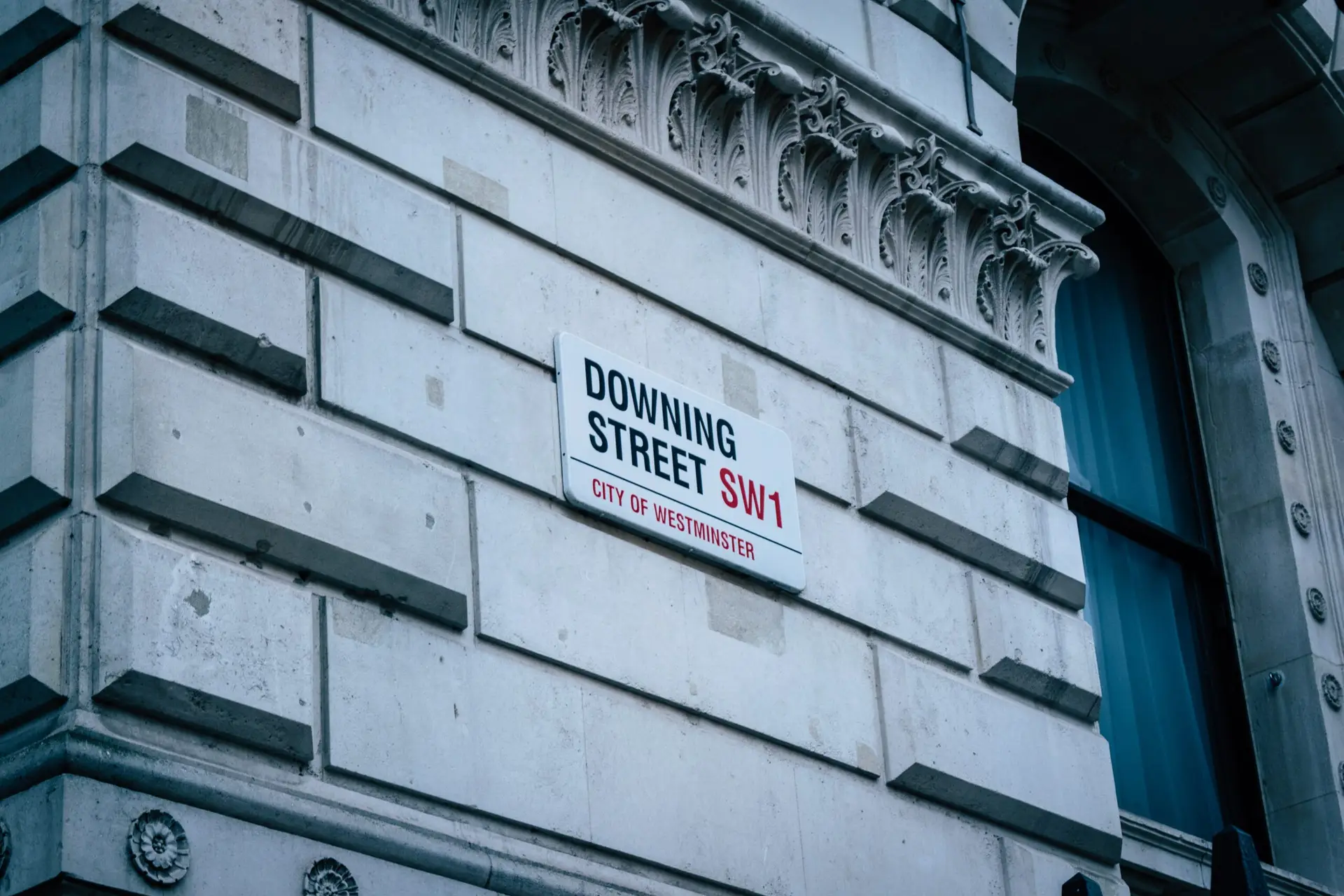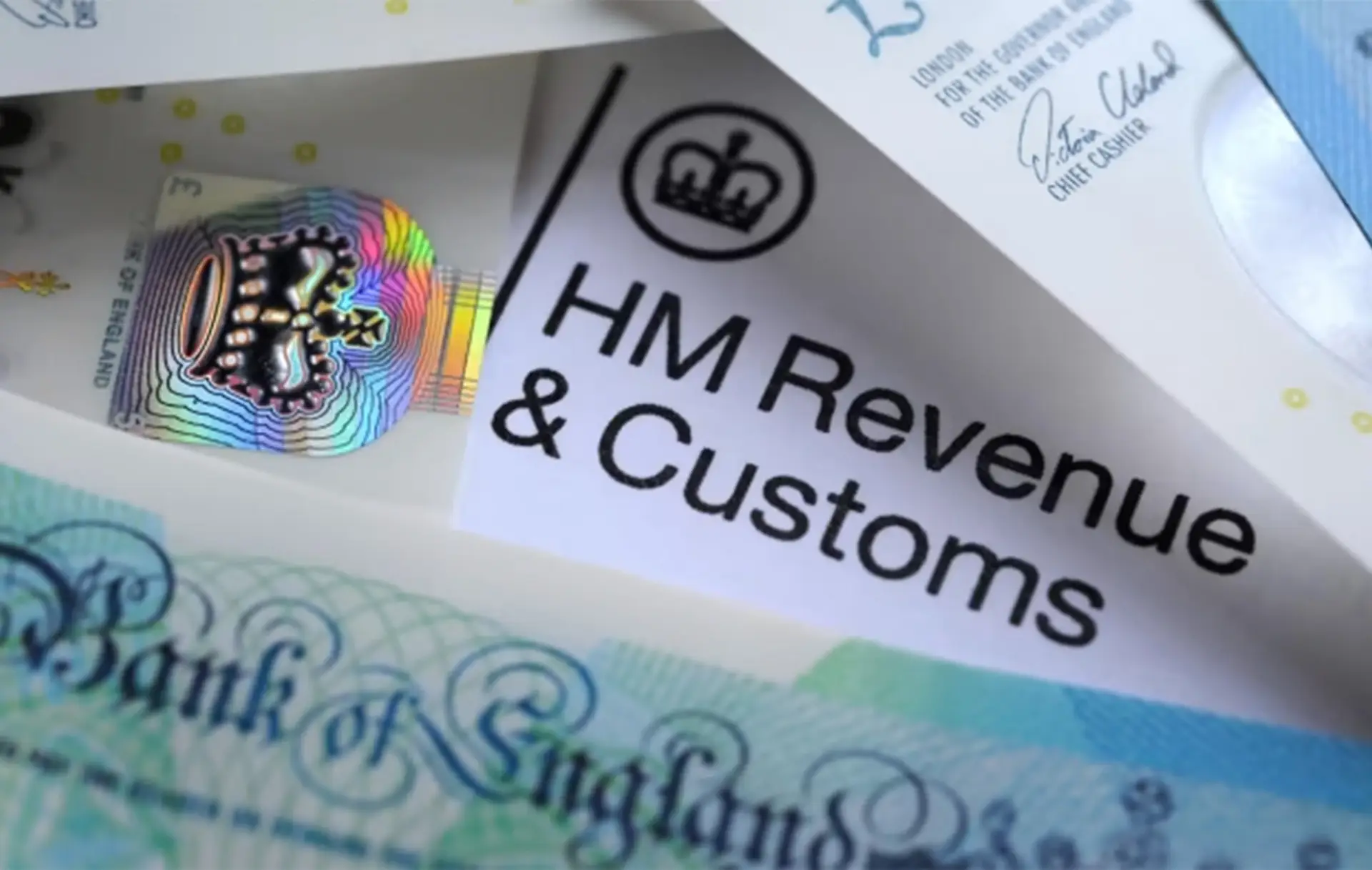Insights from Kilsby Williams’ Tax Associate Rob Meredith
Whilst we are still unsure when this will be, there is a sense that the prime minister will call it in autumn 2024 to give himself as much time as possible to achieve this government’s five key priorities, and to improve the Conservative party’s polling.
Details are sketchy on what exactly each party’s tax policies will be, but we have been looking into some of the rumours circling.
The Conservative party
The press has recently indicated that a key Conservative party policy could be the scrapping of inheritance tax (IHT) to help the party appeal to its core vote.
IHT is payable (normally at a rate of 40%) when an estate exceeds a certain value after reliefs and allowance are taken into account. Everyone has a nil rate band of £325,000 (which can often be extended by £175,000 when the estate includes the family home), and the nil rate band can be passed to your spouse. As such, most households will only be subject to IHT if their estate is valued at £1m or more.
While IHT is seen by some as applying only to the super-rich, in a high inflation environment with thresholds frozen until 2025/26, voters in the ‘Blue Wall’ constituencies are no doubt nervous that they will be unexpectedly brought into the IHT net. The Conservative party is keen to hang onto these voters and in a number of marginal seats where they are under pressure from the other parties.
The Office for Budget Responsibility forecast that IHT will raise £7.2bn in 2023/24, which represents 0.3% of national income. Scrapping it therefore would be a hit to the Treasury. The Conservative party is under pressure to cut the tax burden though and other tax cuts are even more expensive (a 2p cut in income tax that Rishi Sunak is also rumoured to be considering is likely to cost £14bn). A policy therefore that would likely appeal to the Blue Wall without breaking the bank in the current environment could help the Conservative party retain some of the constituencies Labour and the Liberal Democrats are targeting.
The general feeling though is that this is the party kicking the tyres on this proposal and it would be a big surprise to see the policy being a mainstay in the Conservative party manifesto.
After 13 years in power and a recent focus on stabilisation after Liz Truss’ short lived premiership, much of what else is proposed by the Conservative party was laid out in the 2023 Spring Budget. Fiscal drag, pension tax relief, and a temporary incentive for capital investment by businesses, were some of the key announcements that are unlikely to change significantly should the Conservative party win next year. Possibly this IHT proposal could be the vote winner they are looking for but, this far out, it wouldn’t be a surprise to see a few other rabbits being pulled out of the hat in the months ahead.
The Labour party
Labour is riding high in the polls and, despite not winning Uxbridge due to ULEZ, does appear to be benefitting from a big voter swing away from the Conservative party. Labour has indicated that they will make some key tax changes should they move into government next year including reinstating the lifetime pensions allowance, abolishing non-dom status and lifting the tax exemptions on private schools.
Currently, the provision of education by a registered independent school is an exempt supply for VAT purposes so removing the exemption on private schools would prime facie increase fees for parents by 20%. The policy is estimated by the IFS to be worth a net £1.6bn to the Treasury and Labour has promised to invest this back into the state school sector. Whilst not a significant amount overall, this policy is likely to appeal to Labour’s core support and it does seem to be quite well embedded. We are therefore expecting it to be a manifesto pledge next year.
In the Spring Budget 2023 it was announced that the pensions lifetime allowance would be abolished from 6 April 2023. The lifetime allowance was introduced by Gordon Brown in 2006 as a way of limiting the maximum amount that an individual could build up in pension savings. Prior to being abolished, it was set at £1.073m.
Labour support having a lifetime allowance and see the scrapping of it as a tax cut on the super-rich. How they reintroduce a limit is not clear, but they may need to tread carefully. Given that some of the rhetoric around the scrapping of the allowance was to keep NHS consultants working without the fear of tipping above their lifetime allowance, we may end up with some tinkering around the edges to ensure the policy sits well politically. We could even end up with an industry specific relief which would likely be very difficult to implement. Whatever any reintroduction looks like, it is likely to be a headache for individuals and their financial advisers.
Labour has also indicated that they will scrap the non-dom status available to those that do not consider the UK to be their permanent home. This policy is estimated by the University of Warwick and the LSE to be worth £3.6bn to the Treasury.
A non-dom can claim the remittance basis of taxation that means that they only pay UK tax on money earned in the UK or remitted to the UK. The status allows those that do not consider the UK to be their permanent home to avoid UK taxes on overseas income if the money is not brought into the UK.
Non-dom status shot into the headlines recently when it was reported that Rishi Sunak’s wife (Akshata Murty) was a non-dom and she claimed the remittance basis. She is reported to have significant investment income outside the UK and claiming the remittance basis kept this income out of the UK tax net. As a result of the negative headlines, it is reported that Ms Murty is no longer claiming non-dom status.
The counter-argument to scrapping the tax is that it would drive away potential foreign investment from the UK. Given the public focus on the story, non-dom status is likely to be hotly debated in the run up to the election.
Outside of these fairly well publicised policies, the shadow chancellor Rachel Reeves has also recently ruled out bringing in a wealth tax on the richest in society that would apply a tax to assets held rather than income. The Labour party’s direction under its current leadership would suggest there is unlikely to be any wavering on this, but it would no doubt be popular on the left of the party and could be a vote winner in traditional Labour areas.
The Liberal Democrats
For their part the Liberal Democrats have so far been focused on removing the fiscal drag. Their election promises appear to focus on unfreezing the thresholds that (from an income tax perspective) have been locked until 2027/28. They have estimated that the frozen allowances will pull 3.2m people above their tax-free personal allowance, and 2.6m people into the 40% bracket, and they want to reverse that trend.
They have also highlighted the VAT windfall the Treasury is receiving in a high inflation environment and have called for VAT to be cut from 20% to 17.5% for a year and for an increase in Remote Gaming Duty to pay for more social care workers.
The result?
There is already much food for thought and there is still much water to flow under the bridge until polling day. What is certain is that tax will be front and centre of the headlines.
If you’d like to discuss current and future tax issues for you or your business, then please get in touch.




